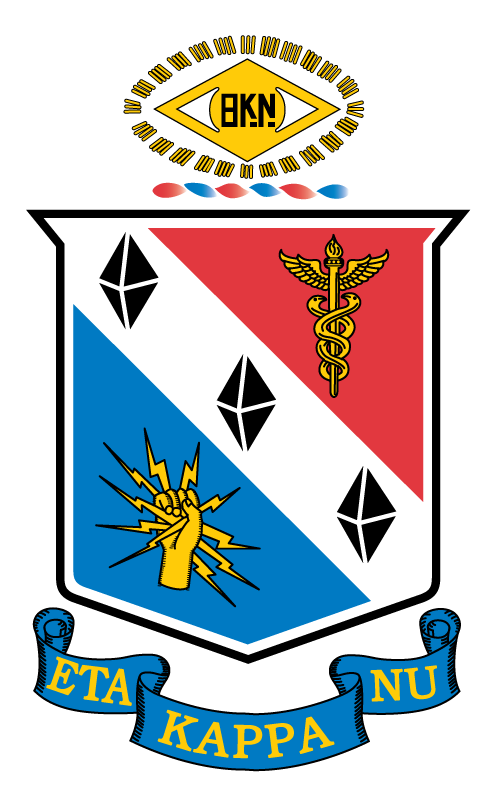| Year |
Eminent Member |
| 2024 |
Robert Woodrow Wilson |
| 2023 |
Ming Hsieh
Dr. Frank Chang
Dr. Sandra H. Magnus |
| 2021 |
Maxine Savitz |
| 2019 |
Robert Metcalfe
G. David Forney
Henry Samueli |
| 2018 |
Robert Kahn |
| 2016 |
Thomas Kailath |
| 2015 |
Asad M. Madni |
| 2014 |
Hermann W. Dommel
Ray Kurzweil |
| 2013 |
Susan L. Graham
Faqir Chand Kohli
N. R. Narayana Murthy
Martin Cooper |
| 2012 |
Marican E. “Ted” Hoff
Jung Uck Seo |
| 2011 |
Leah H. Jamieson
Matt Ettus
Leonard Kleinrock |
| 2010 |
Steve Wozniak
Abraham Lempel
Vinton G. Cerf |
| 2009 |
Gerald Posakony
Eric Herz |
| 2008 |
William A. Wulf
H. Vincent Poor
Jose F. Valdez C. |
| 2007 |
Gordon E. Moore
Gordon Bell
James D. Meindl
Wallace S. Read |
| 2006 |
Abe M. Zarem
Jack Kilby
Harry W. Mergler
Tsuneo Nakahara
Andrew Viterbi |
| 2005 |
Joseph Bordogna
Owen K. Garriott
Bernard M. Gordon
Steven Sample |
| 2004 |
Henry Bachman
Walter Jeremiah Sanders
Arthur Stern |
| 2003 |
Donald R. Scifres
Irwin M. Jacobs
Jerome J. Suran |
| 2002 |
Amar G. Bose
J. Fred Bucy
Andrew Sage
Richard J. Gowen
Eberhardt Rechtin |
| 2001 |
Norman R. Augustine
Charles Concordia
Edward E. David, Jr.
Roland W. Schmitt
Mischa Schwartz
John Brooks Slaughter
James L. Flanagan
Malcolm R. Currie
Donald O. Pederson
John R. Pierce |
| 2000 |
Robert A. Frosch
Wilson Greatbatch
Leo L. Beranek
George H. Heilmeier
John R. Whinnery
Thelma Estrin
Ivan A. Getting
Charles H. Townes |
| 1999 |
Gene Amdahl
William Hewlett
C. Lester Hogan
Jacob Rabinow |
| 1998 |
Nick Holonyak, Jr. |
| 1993 |
Berthold Sheffield
Robert W. Lucky |
| 1987 |
William E. Murray |
| 1986 |
Marcus Dodson |
| 1985 |
Donald Christiansen |
| 1984 |
Larry Dwon
Howard Sheppard
S. Reid Warren
Edward A. Erdelyi |
| 1976 |
Eric T. B. Gross |
| 1974 |
Edward C. Jordan |
| 1970 |
E. I. Kanouse |
| 1969 |
Emanuel R. Piore
Patrick E. Haggerty
Walker Lee Cisler |
| 1968 |
William H. Pickering
Harold E. Edgerton |
| 1967 |
George H. Brown |
| 1966 |
Simon Ramo
Winston E. Kock |
| 1965 |
Donald G. Fink |
| 1964 |
Lee A. Dubridge
Julius A. Stratton |
| 1963 |
Gordon S. Brown
William L. Everitt |
| 1962 |
John Bardeen
Lloyd V. Berkner
Edward M. Purcell
Jerome B. Wiesner
Ernst Weber |
| 1961 |
Arthur D. Moore
John L. Burns
James Hillier
Charles F. Wagner |
| 1960 |
Philip L. Alger
Chauncey Starr |
| 1958 |
Donald A. Quarles
C. F. Hood |
| 1956 |
William D. Coolidge
Harry Nyquist
Leon N. Brillouin
John Howard Dellinger
William B. Kouwenhoven |
| 1955 |
Ernst F. W. Alexanderson
Alfred N. Goldsmith
Harold S. Osborne
Harry A. Winne
John B. Whitehead
Harold H. Beverage
Leslie Newman McClellen |
| 1954 |
Walter R. G. Baker
Mervin J. Kelly
Reinhold Rudenberg
J. B. Black
A. A. Potter
Ellery B. Paine
Everett S. Lee |
| 1953 |
Edward C. Molina
Harold Pender
Charles A. Powel
Philip Sporn |
| 1952 |
Lee DeForest |
| 1951 |
Frederick E. Terman
Joseph Slepian
Karl B. McEachron
S. H. Mortenson
William H. Timbie |
| 1950 |
Vannevar Bush
Royal W. Sorensen
Vladimir K. Zworyk |




